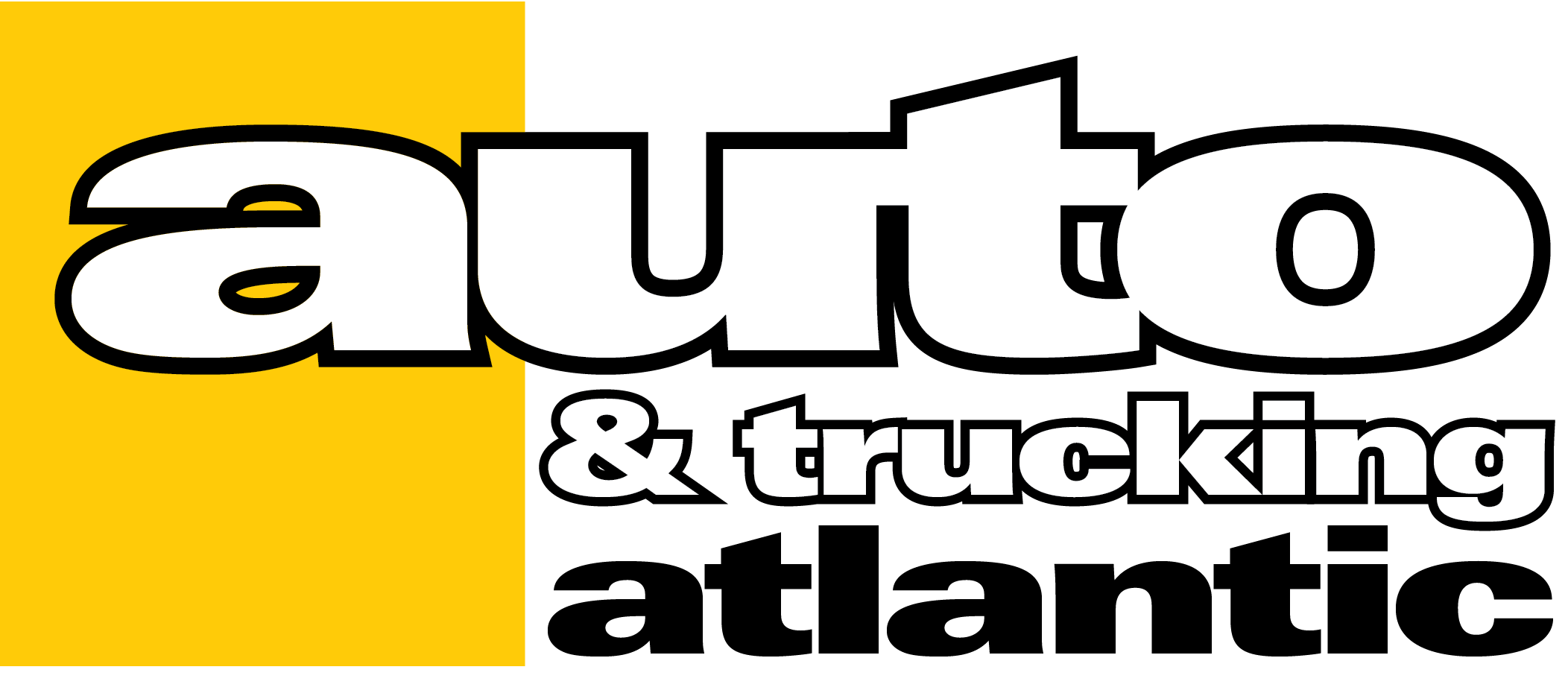Statement regarding trucking pilot to improve movement of goods
Yesterday, the federal government announced a pilot project to help make the movement of trucks across Canada more effective. It is a project that includes 10 provinces and territories; an acknowledgement that no single level of government can fix barriers to trade on its own.
Trucking, which accounts for nearly 30% of Canada’s transportation sector, is one of the most flexible ways to move goods. The industry help drive our economy ahead, not only by getting goods in the hands of those who want them, but by creating new business opportunities.
Over time, different levels of government have introduced their own laws, rules, and requirements to address vehicular requirements in different ways. But trucking companies do not get to choose which rules they follow—they must comply with all of them, adding inefficiencies, costs, and administrative burdens. This makes trucking and trade more difficult, an ultimately, life more expensive in Canada. In an uncertain labour climate and a productivity crisis, it is crucial that all governments act swiftly to remove any barriers in their control.
Earlier this year, at the Standing Committee on Government Operations and Estimates, the Canadian Chamber highlighted how provincial trucking regulations hinder our national economy and competitiveness. The government has responded, and we commend the hard work and negotiations that led to this project, co-chaired by Minister LeBlanc and Premier Furey. The trucking pilot project will provide governments with the evidence they need to continue dismantling the barriers to seamless truck movement across the country.
The Canadian Chamber will continue to fight for the elimination of internal trade barriers. We should not need a free trade agreement just to do business in our own country, and it shouldn’t be easier to trade internationally than interprovincially. Internal trade barriers—including needlessly complex regulations and interprovincial regulatory overlap—impose a staggering annual cost of over $14 billion. Governments can and must continue this crucial work. The livelihood of Canadians depends on it.


